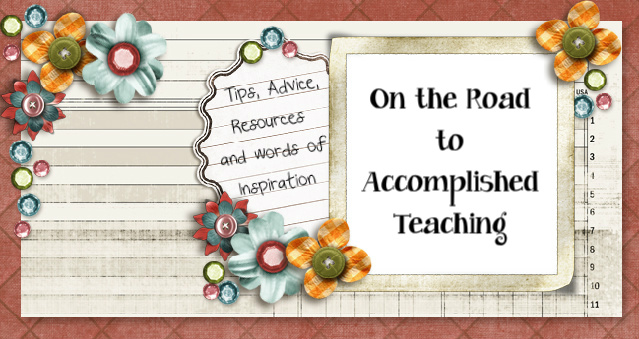You don't have to shy away from classroom discussions. In fact, organized discussions are a great way for students to use the information that they've learned and evaluate other opinions. It's also a good way for students to practice the use of persuasive arguments. However, discussion is a skill that has to be taught, and there are many different types of discussions that you can use in the classroom.
Consider these types of discussions, and think about how you can use them in your practice:
Open Discussions: (used when there is a question or topic for a large group discussion)
- the teacher serves as a moderator for the discussion, and models listening etiquette for the class
- students are given the topic ahead of time, and are allowed to prepare for the discussion
Guided Discussions: (used to give students an opportunity to explore a topic in greater depth)
- the discussion is started by the teacher who poses questions to the group
- answers and opinions are based on facts and proof
- during the discussion, the teacher fades as the leader and students address each other
Fishbowl Discussions: (used to explore ideas about a topic in a non-threatening environment)
- there are two circles of seated students-one inner circle and and outer circle around them
- the inner circle begins the discussion, as the the outer circle listens, then the groups switch places. Select vocal students for inner circle, so more reticent students can observe and get ideas.
General Rules about All Discussions:
1. There must be strict guidelines given about how to respond to each other.
2. All opinions must be valued and listened to.
3. Everyone is allowed to participate, but no one should be forced to participate
4. Have a way to identify the speaker "who has the floor"- some use a talking stick or an eraser.
Here's a video that shows how to use another form of discussion, the Socratic Seminar. This example of the Socratic Seminar consists of discussions in small groups followed by a debate.
(Note: Stop the video as soon as you see the ending credits - Thanks)
Have a great time using this strategy,

Share any experiences you've had with discussions in your classroom

